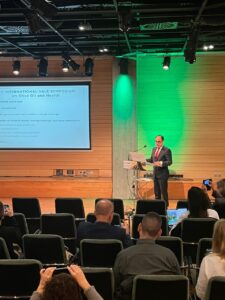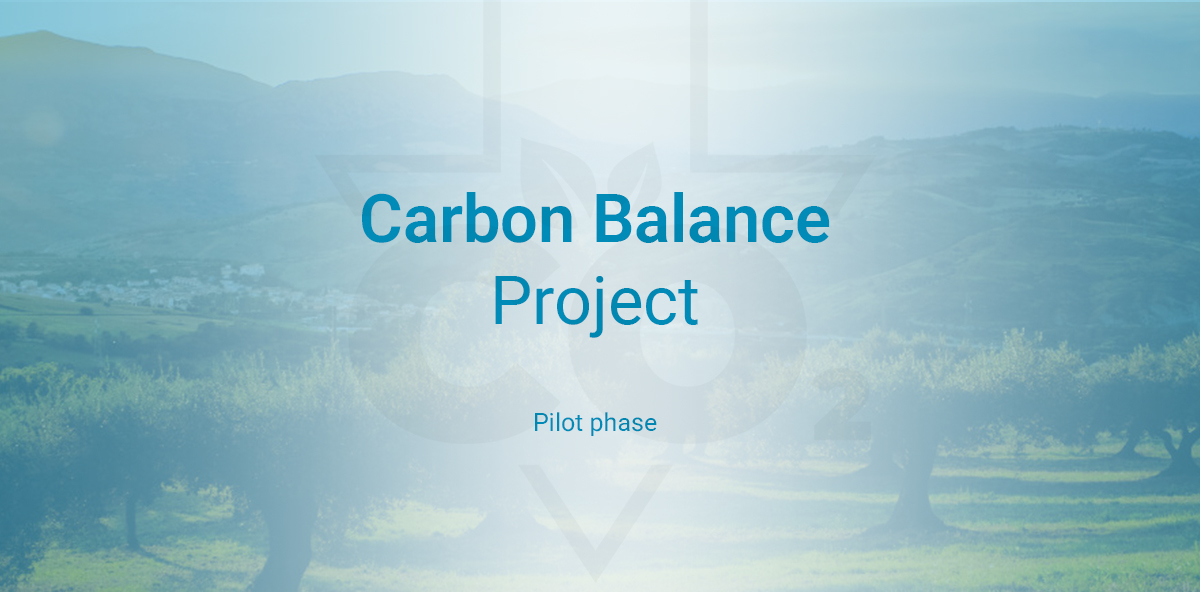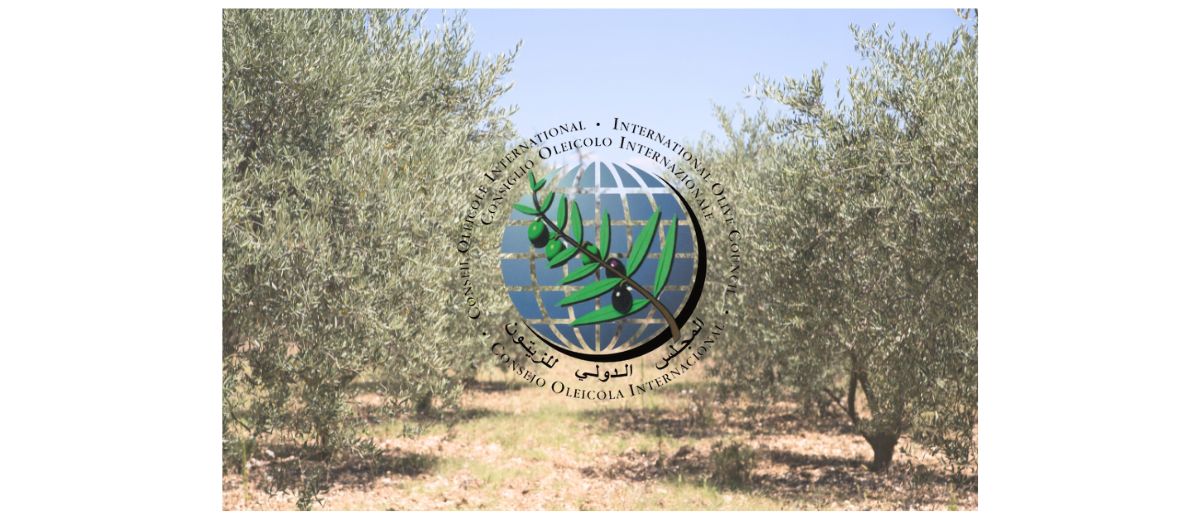A focus on shaping public and planetary health, policy, and sustainability
The International Olive Council (IOC) participated in the 6th Yale International Symposium on Olive Oil and Health, held in Chania, Crete, from 1 to 3 December 2024. Organised by the Yale School of Public Health in partnership with the Foundation for Research and Technology – Hellas (FORTH), the event brought together global experts in health, nutrition, and olive cultivation to explore the latest scientific advances on the health benefits of olive oil.
A rich and multidisciplinary programme
This symposium focused specifically on the latest research findings on the effects of olive oil on health, particularly in the prevention of cardiovascular diseases, cancer, and neurodegenerative conditions. Discussions also addressed innovations in sustainable production, the promotion of global olive oil consumption, and the connections between the Mediterranean diet and public health.
As the leading intergovernmental organisation dedicated to the olive sector, the IOC, a member of the symposium’s scientific and organising committee, presented its initiatives to promote rigorous quality standards, encourage scientific research, and disseminate knowledge about the many benefits of olive oil.
Strengthened collaborations for the future
The symposium also provided a unique platform for exchange, enabling the IOC to strengthen its collaborations with academic institutions, researchers, and health professionals. These partnerships are essential to the shared goal of promoting olive oil as a central element of a healthy and sustainable diet.
The IOC’s renewed commitment
 The IOC’s participation underscored the importance of olive oil as a cornerstone of global health and nutrition. This effort aligns with the Organisation’s ongoing mission to promote the benefits of the Mediterranean diet, in which olive oil plays a central role. In the same spirit, the IOC dedicated World Olive Day 2024 to the 30th anniversary of the publication of the Mediterranean diet pyramid, a globally recognised nutritional model renowned for its health benefits.
The IOC’s participation underscored the importance of olive oil as a cornerstone of global health and nutrition. This effort aligns with the Organisation’s ongoing mission to promote the benefits of the Mediterranean diet, in which olive oil plays a central role. In the same spirit, the IOC dedicated World Olive Day 2024 to the 30th anniversary of the publication of the Mediterranean diet pyramid, a globally recognised nutritional model renowned for its health benefits.
The IOC was represented at the symposium by its Deputy Executive Director, Abderraouf Laajimi, who presented an overview of the current market, challenges, and opportunities in the olive sector, with a particular emphasis on the olive grove’s positive carbon balance. As a permanent carbon sink, the olive tree captures and stores CO2 in its structure and soil, playing an effective role in combating climate change. In line with this commitment, the IOC is currently developing a methodological framework and software tools to measure the carbon balance of olive groves, aiming to facilitate their access to voluntary carbon credit markets.
Stay informed—subscribe to the IOC newsletter for the latest updates!










